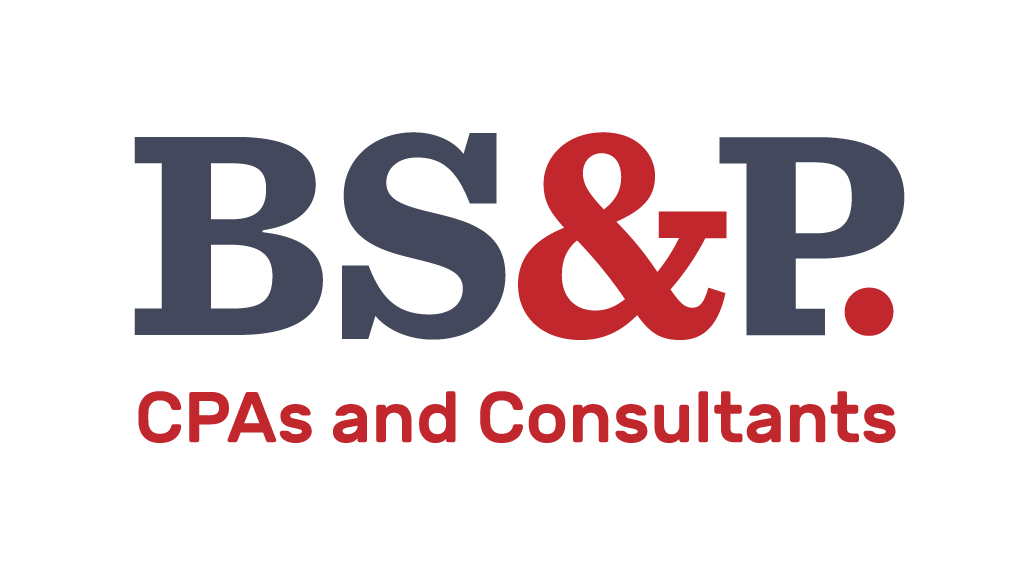Section 6050I of the Internal Revenue Code requires that any trade or business that receives more than $10,000 in cash in one or more related transactions must report this information to the IRS on Form 8300. Transactions that are required to be reported include (but are not limited to):
- escrow arrangements
- debt payments
- reimbursement of expenses
- loans
- sales or rentals of goods, services, and real property
- exchanges of cash.
The $10,000 threshold applies to cash payments received in the ordinary course of a trade or business that are either made in a lump sum or in installments that exceed the threshold within a 12-month period by the same agent or buyer. The cash can be received in a single transaction or in a series of related transactions.
Cash includes US and foreign currency and monetary instruments such as cashier’s checks, bank drafts, traveler’s checks, and money orders that have a face value of $10,000 or less. Monetary instruments of more than $10,000 are reported by the financial institution when issued and are not required to be reported again.
Form 8300 generally must be filed within 15 days after the business has received the cash from a reportable transaction and the form can be filed electronically. The business is also required to provide a written statement to each person named on the Form 8300 filed by the business. Civil and criminal penalties can apply for failure to file the form when it is required.
The requirements for filing Tax Form 8300 can be complex, please contact us if you have any questions or need assistance with this filing.
